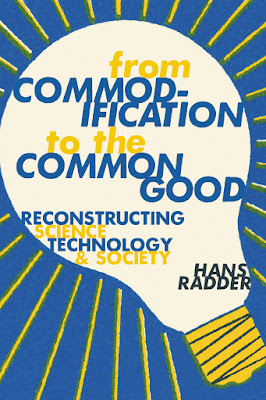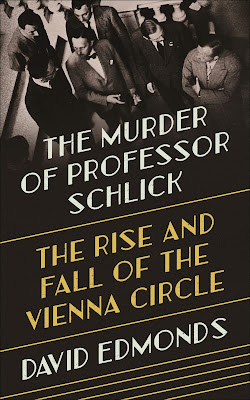Volume 3, Issue 3: From Common Good to a Theory and Practice of Common Good

From Common Good to a Theory and Practice of Common Good: Hans Radder on Technology, Science, and Society Hans Radder: From Commodification to the Common Good: Reconstructing Science, Technology, and Society . Pittsburgh: University of Pittsburgh Press, 2019, pp. x +299. Hardcover ISBN: 978-0-8229-4579-6, $45.00. R Technology, science, and society are terms that are notoriously interwoven on many levels, and famously hard to disentangle satisfactorily. In his latest book, From Commodification to the Common Good: Reconstructing Science, Technology, and Science , Hans Radder did not try to make a sharp distinction between these fields to approach them separately. Rather, he made a novel book about how to consider science and technology within their social outfit in a systematic and organic form. What drives Radder is a general concern about the historical development of science within our new socio-political environment, namely bureaucratization, administration, an

